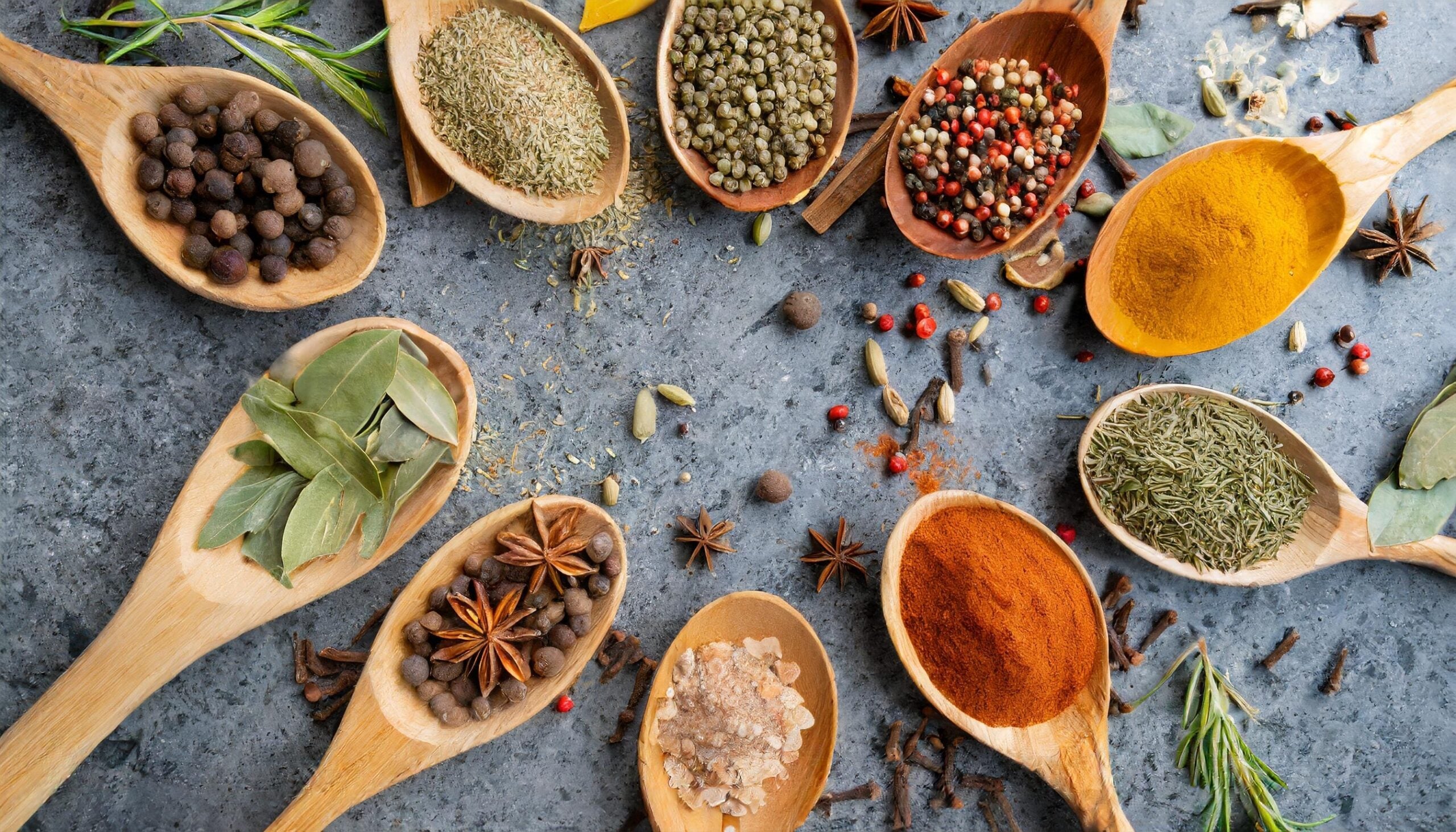Events
Crossing Boundaries: Food and Southeast Asia, 1500-Present
| Date | : | 16 Apr 2025 - 17 Apr 2025 |
| Venue | : | Hybrid (Online via Zoom & AS8 04-04) |
| Contact Person | : | TAY, Minghua |
| Programme | ||
Scholars of Southeast Asia have increasingly adopted ‘global’ frameworks to understand societies in the region, focusing on mobility, exchange, and connections. This trend has not, however, tended to characterise the literature about food in Southeast Asia, which typically uses the nation state as a unit of analysis. There is a vibrant scholarship on food and nationalism, especially national cuisines. In Southeast Asia, a dominant focus on the nation can obscure stories of exchange across communities in a region historically characterised by mixing, borrowing, adapting foods and food knowledge, making claims to “national” cuisine problematic and highly contested. This workshop invites submissions about Southeast Asia and food that engage framings beyond the nation. What connections do these framings allow us to see, and what impact do these connections have on understanding Southeast Asian societies? This workshop will convene scholars working across a range of disciplines to interrogate these questions.
The workshop will discuss diverse methodological approaches on various themes, including but not limited to:
- Foods, recipes, dishes, production techniques, and consumption patterns that transcend the boundary of a single nation-state
- Foods and food knowledge that circulate, change meaning, or take on new forms when they transcend boundaries
- Knowledge exchanges and transformations associated with transnational foods
- Migration and the relationship between food and diasporas, both within Southeast Asia, and among Southeast Asians abroad
- Contestations over claims of national cuisine and gastrodiplomacy in Southeast Asia
The workshop aims to generate discussion on productive linkages between food studies and Southeast Asian studies. What can the study of food offer the study of Southeast Asia, and vice versa? For example, how can food allow us to better understand historical contexts of trade, mobility, knowledge, gender relations, and identity formation in the region? How can a focus on Southeast Asia shape the methodologies and approaches of food studies? The workshop will highlight relationships among different kinds of actors and their relationships to food production, preparation and consumption, and underscore the influence of cultural, social norms and knowledge in shaping food practices.
WORKSHOP CONVENORS
Dr Kathleen BURKE
Asia Research Institute, National University of Singapore
Assoc Prof Jamie S. DAVIDSON
Asia Research Institute & Department of Political Science, National University of Singapore
REGISTRATION
Registration is closed, and instructions on how to participate in this workshop has been sent out to registered attendees. Please write to aritm@nus.edu.sg if you would like to attend the event.



